Your guide to beating banks and getting the best home loan
Home loans are usually the largest debt a person commits to during their lifetime, be it residential or an investment property mortgage.
Mortgages also tend to be a debt that people ‘take and forget’ because they don’t want to go through the drawn out process they experienced with their bank or broker again. That is, until such time that they seek to:
access build up equity by refinancing; or
sell the property and discharge their mortgage.
According to the latest Australian Productivity Commissions Report on Mortgages, banks are taking advantage of customers ‘Take and Forget’ attitude on home loans to the tune of $1,044 annually.
During their inquiry, the commission also found that by refinancing at least once over the life of their mortgage, borrowers on average can save up to $31,200 in interest alone.
When combined with the cost associated with maintaining transaction accounts and loan package fees, customers are incurring up to $4,000 per year in additional cost for their loyalty.
To avoid this situation, and keep this money in your own pocket, we want to enable you to take control of your relationship with your financial institute.
For you to be able to attain the best value banking products that meet your everyday needs, we suggest you take the following steps;
Step 1. Have an Independent (fee free) transaction account
Just like when moving mortgages between lenders, customers don’t like moving their transaction accounts between banks due to perceived hassles updating details for their established regular deposits (salaries etc) and transfers (bills etc).
What you may not be aware of, is, your new bank must help in transferring these on your behalf if you request them to assist and this is part of a law that was enacted as part of the federal government’s banking reform plan from 2011. Check out this video with Paul Clitheroe for more information.
Where possible we suggest that you should get fee free transaction accounts, be it with your current bank or from one of the institutes listed¹ below.
Having an independent transaction account will allow you to move your loans to the lender providing best value repeatedly over your mortgages life without having to change deposits and debits account as well.

USaver Ultra Transaction
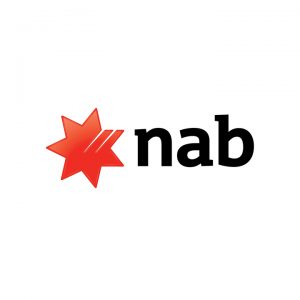
Classic

Everyday Basics

Everyday Transaction

Transaction

Platinum Transaction
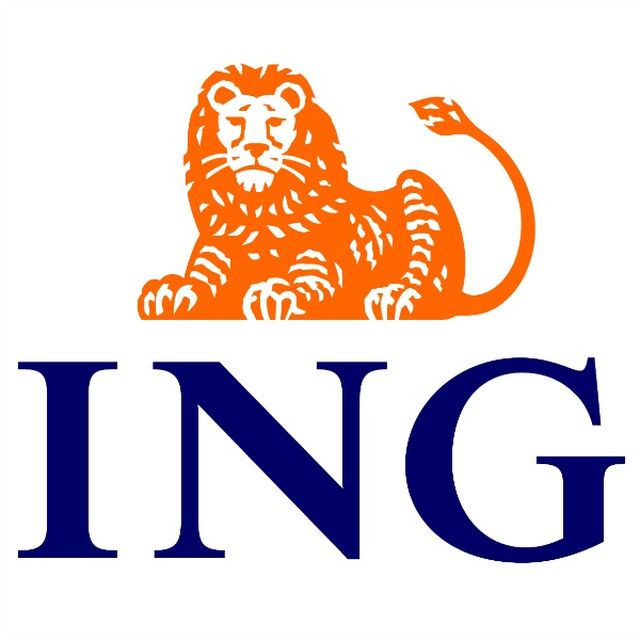
Orange Everyday

Everyday

Day2Day

Everyday Global

All Purpose

Access

Everyday

Day2Day Plus

Everyday Saver

Easy Transaction

Purple Transactor
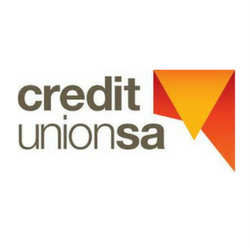
Access

Access

One

Plus
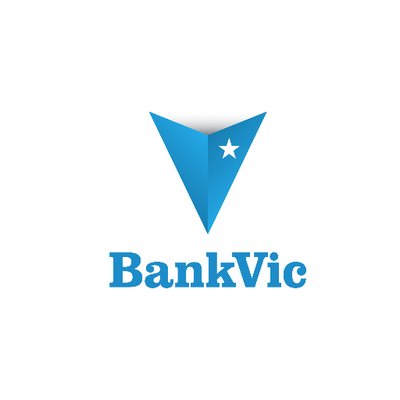
Ezepay

Everyday Savings

Simple Access
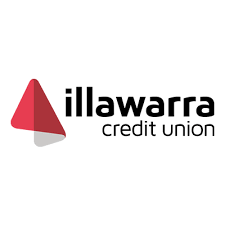
Everyday Lite
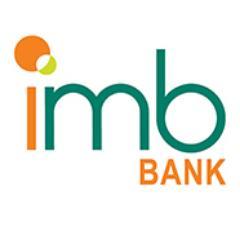
Everyday Unlimited Kick Start

Activate
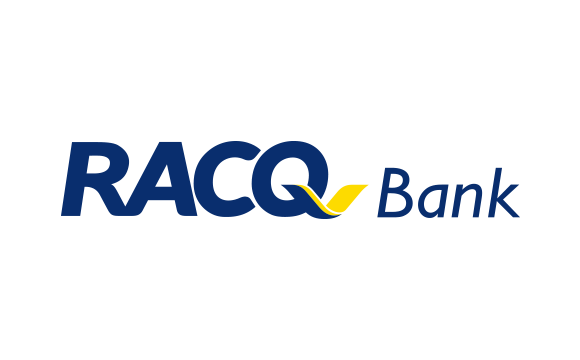
Everyday
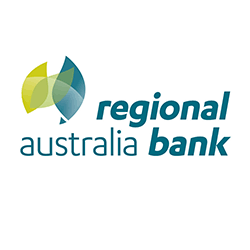
eFree

Moneysense
# Accounts listed are current as of 01/05/2019 and comes with Visa or Mastercard Debit Cards linked.The idea is to have a totally fee free transaction account and not one that requires you to deposit a minimum amount (say $1,000 or $2,000) in order to get fees waived.
This becomes your primary transaction account, where your salary in deposited and all your expenses are debited from (unless you chose to use your credit card for your bill payments).
Having an independent fee free transaction account with all your deposits and debits does not mean that you have to retain all your money in it, rather, just funds needed to cover your periodic household expense.
For mortgage holders, if you have an offset account, than you should be keeping bulk of your savings there (more on that later).
Step 2. Get a credit card (only if you need one) that actually gives value, matching the annual fees²
People use credit cards in various manners depending on their preferences:
some consumers prefer to use credit cards to accumulate rewards;
others like to take advantage of the interest free days;
some keep it for emergency purposes only;
some may not believe in credit cards altogether and instead use debit cards for all their everyday purchases.
Evidence shows that there isn’t much value in rewards credit cards once the cost of the annual fee is taken into consideration. As the tables below by Mozo.com.au indicate, the best credit card rewards provider doesn’t even break even when applied to an average Australian’s annual spending.
Average net value of Rewards Cards
| Card Issuer | 2016 | 2020 | Change |
| Big four (average) | $284 | $12 | -96% |
| ANZ | $288 | $35 | -88% |
| Commonwealth Bank | $215 | -$58 | -127% |
| NAB | $399 | $12 | -97% |
| Westpac | $295 | $48 | -84% |
| American Express | $244 | $331 | -5% |
Average Points Earned on Typical Spend in One Year
| Card Issuer | 2016 | 2020 | Change |
| ANZ | 28,286 | 16,929 | -40% |
| Commonwealth Bank | 23,250 | 11,300 | -51% |
| NAB | 30,000 | 14,640 | -51% |
| Westpac | 28,000 | 21,375 | -24% |
| American Express | 23,143 | 28,500 | 23% |
Like with transaction accounts, our suggestion is to seek a credit card that gives you maximum value with minimum or no annual fees.
If you have a ‘package’ home loan product, this usually provides access to a Credit Card with a waived annual fee (Note: this is only for the life of the loan with that lender) alternatively, there are numerous credit cards with no annual fee and interest free days available to choose from.
Do your research using dedicated credit card comparison sites similar to https://www.creditcardcompare.com.au/ and change to a credit card that works for you.
Note: If you do not have a ‘package’ loan, we suggest maintaining a credit card facility independent of your lender, as with the transaction account, this way you will not have to change credit card provider whenever you refinance your mortgages to a better provider.
Step 3. Deposit any surplus cash into your offset account, if you have one²
An offset account is typically a 0% interest bearing transaction account linked to a variable mortgage (Note: some lenders do offer offset accounts with fixed loans) whereby funds in the offset account reduce the portion of your mortgage upon which interest payable is calculated on.
Most lenders’ ‘package’ loan product suite gives you access to at least one offset account linked to your home loan.
If not in a ‘package’, there are lenders who will provide an offset account for a monthly fee, to ensure that you are getting value for the fee, you need to accumulate funds in your offset account and not just use it as a transaction account with minimum balance.
There are lenders that do offer offset accounts for fixed home loans, these, may or may not be on 100% offset basis and maybe restricted to a certain fixed period only.
The key advantage of using an offset against a fixed home loan is that you have access to these funds, whereas if you paid funds directly into your fixed home loan, you would not be able to redraw the funds during the fixed period.
For more on how offset accounts work, please click here.
Step 4. Beat the banks at their own game
Here’s a fun fact: Banks usually give their best mortgage deals to new customers, some also provide cashback incentives to new borrowers, regardless of it being for a purchase or refinance. Not only is this sufficient to pay any mortgage/ title transfer fees, in most instances, clients have surplus funds left to place in their redraw or offset accounts.
Join the loansHub family, we empower home loan borrowers like yourself with technology to beat banks with free automated rate reviews over the life of your mortgage.
Once your loan settles through us, our technology kicks in and actively monitors your loan against our panel and when the cost benefit of refinancing gives you a financial advantage, it prompts you to consider a new suggested lender.
Best part is, you’ll be always getting the best possible home loan over the life of your mortgage without having to waste time calling banks or making broker appointments.
With over 30+ lenders on our panel, we'll always find you the right home loan for your situation using our Personal Mortgage Manager technology.
1^ Loanshub Pty Ltd does not have a commercial relationship for transaction account referrals with any of the listed transaction account providers and listing of financial institutes is not in any order of preference.2^ Suggested steps to mortgage success is not provided as personal advice, please consider your personal financial needs and situation prior to making any decisions.


